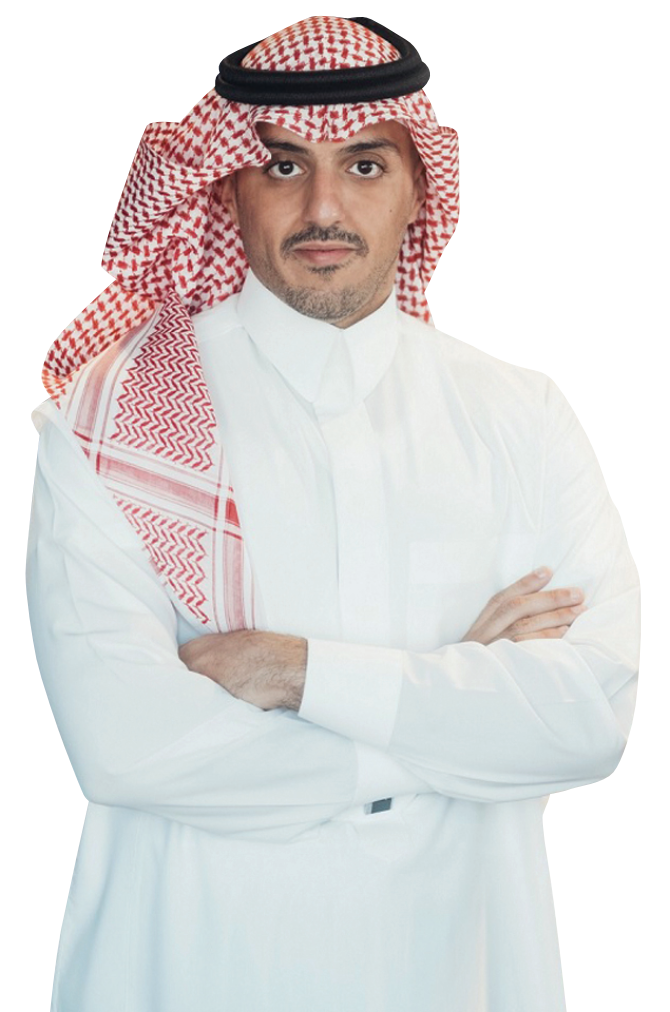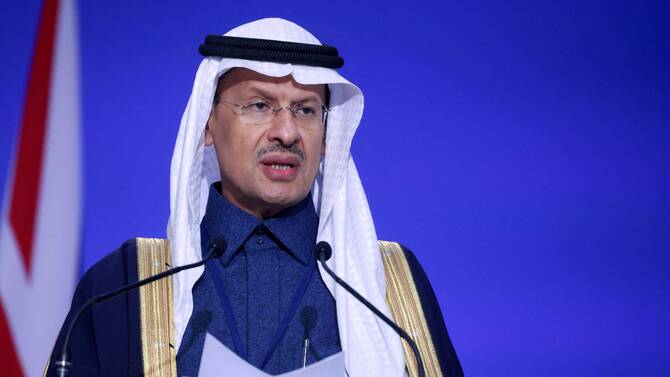CAIRO: Riyadh Valley Co., the investment arm of King Saud University, has invested an undisclosed amount in the new Total Growth Platform launched by STV, the largest independent technology investment firm in the Middle East and North Africa region.
The investment reflects Riyadh Valley Co.’s strategy to invest in a diverse portfolio that aims to achieve the university’s objectives to contribute to the Kingdom’s Vision 2030.
Total Growth Platform seeks to fuel growth of regional tech ventures by offering access to a suite of funding solutions that serve entrepreneurs.
The initiative was launched last February in Saudi Arabia’s LEAP conference with an initial investment of $150 million to accelerate regional growth.
The investment of Riyadh Valley Co. in the Total Growth Platform aims to support the entrepreneurship environment in Saudi Arabia and enable the commercialization of innovation in universities and technology hubs across the region.
Riyadh Valley Co. is a strategic investment firm that leverages local and regional capabilities to support the Kingdom’s economic development.

Tkyr operates in Riyadh with 1,500 outlets using its services. (Supplied)
Saudi delivery platform Tkyr raises $4m in pre-series A round
Saudi-based digital food delivery platform Tkyr raised $4 million in a pre-series A funding round from Food Square, Etihad Alkhaledia, Haif and Mateen.
The company currently operates in Riyadh with 1,500 outlets using its services and over 200 delivery representatives.
“The food and beverage service market sector in Saudi Arabia is considered one of the main sectors in the region. The market size is $19.97 billion, and it is expected to hit $24.7 billion by 2025,” Khaled Al-Qariwi, co-founder of Tkyr said.

Founded in 2018 by Abdulrahman Tarabzouni, STV is the largest independent technology investment firm in the Middle East and North Africa region. (Supplied)
The company aims to expand beyond Riyadh into other cities in the Kingdom in the second half of 2023.
Founded in 2021, Tkyr offers a platform and mobile application for clients to order online food from different restaurants.
Egypt’s Camel Ventures launches $16m investment vehicle
Egypt-based venture capital firm Camel Ventures launched a $16 million investment vehicle “Camel Ventures for Investment I.”
The new fund aims to support Egypt’s growing fintech ecosystem with equity investments in early-stage startups and venture debt for later-stage companies.
The company has already made 10 investments in various sectors including logistics startup Khazenly, healthtech company Pharmacy Marts, and fintech solution Klickit.














